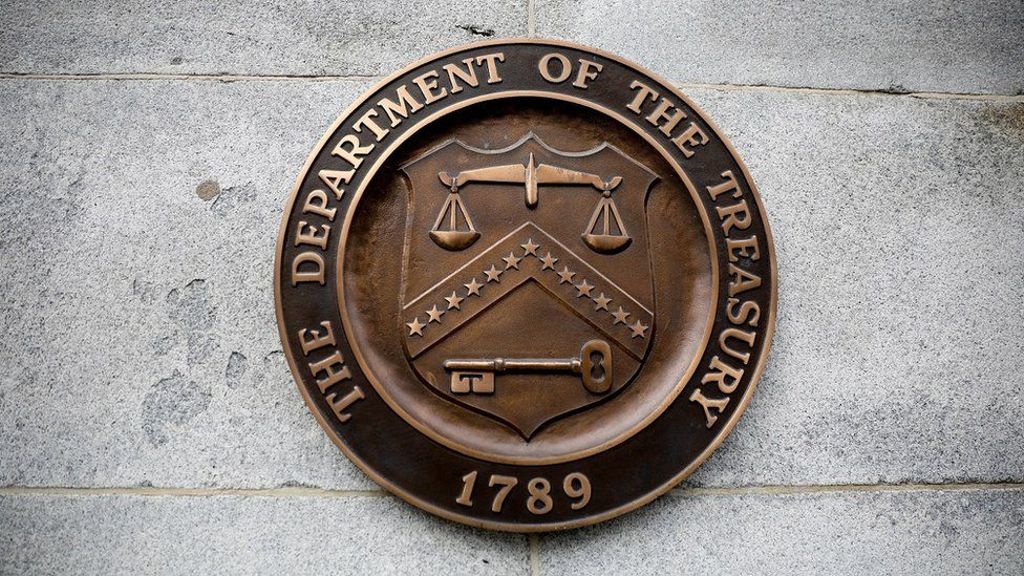Restoring Trust in Government by Using IQA
The Federal government has citizens living in information confusion, misinformation, and conspiracy theories. Information clutter explains why only two in ten Americans trust Washington to do the right thing. Distinguishing between good and bad quality information should never be difficult when the information comes from our government.
There is a U.S. law that mandates government disseminated information be accurate, useful, and having integrity. The federal government just refuses to abide by the Information Quality Act (IQA), section 515 of the Treasury and General Government Appropriations Act for FY 2001.
The Information Quality Act is designed to foster trust
The IQA requires the Office of Management of Budget (“OMB”) to ensure and maximize “… the quality, objectivity, utility, and integrity of information (including statistical information) disseminated by federal agencies.”
In 2002, OMB issued detailed guidelines defining the IQA terms. Information disseminated by the government was to be accurate (precise, complete, and unbiased); useful to intended users; and possessing integrity (protected from manipulation). OMB also set forth a correction process for citizens, including experts, to challenge data inaccuracies.
For influential scientific information, there must be a “high degree of transparency about data and methods to facilitate the reproducibility of such information by qualified third parties.” IQA procedures were designed to build trust in government information by following a modified scientific method of testing and reproducibility of data.
Information was defined as “any communication or representation of knowledge such as facts or data, in any medium or form.” Dissemination of information to the public included agency distribution of information to the public. While opinions are not covered by the IQA, when one is given, the agency must clearly identify it as an opinion.
Had IQA guidelines been followed during Covid, the federal government would have provided the public with more useful information.
By not following IQA guidelines during Covid briefings, misinformation, and opinion was stated as fact without any supporting documentation or being noted as opinion. As a result, citizens were forced to live in lockdowns, masks were mandated, schools closed, causing massive learning losses, and natural immunity was deemed a conspiracy theory. Government-issued mandates, but it provided little supporting information, and it never stated a level of uncertainty.
The Biden administration waffled between Presidential statements that it seeks evidence-based information on Covid’s origins and the unequivocal statements of its leading scientist Dr. Fauci, who pronounced it came from an animal. After several years of delay, FBI and Energy Department informed the public “the Covid pandemic most likely arose from a [Wuhan] laboratory leak,” not from animals, this served yet again to highlight the difficulty in believing the federal government.
Federal public guidance consisted of Fauci communicating inconsistent health-related information. First, he told the public, “There’s no reason to be walking around with a mask.” A few weeks later, he supported universal masking. Subsequently, he endorsed double masking.
As independent scientists offered contrary views, Fauci and his boss, Francis Collins, formulated a press strategy to discredit the credibility of their leading critics as conspiracy theorists.
Federal misinformation fostered a state of fear. Eventually, state Attorneys General brought a lawsuit over the legality of Fauci’s mask mandates. In depositions, Fauci could not identify any study he relied upon to support his conflicting policy pronouncements. And when asked direct questions about his knowledge of the virus’s origins or the tests supporting his conclusions, he “could not remember.”
Such misinformation harmed public health. A Lancet study finds public trust in government is vital to effectively implementing public health measures.
Since its enactment, the federal government refused to implement the IQA.
From the moment OMB issued the IQA guidelines, federal agencies fought to undermine its implementation. Agencies viewed OMB’s guidelines as discretionary. The Department of Justice supported the agencies in court filings.
The public filed lawsuits against agencies to implement the guidelines and to correct inaccurate information. These efforts failed. The courts avoided interpreting the substance of the statute holding private parties lacked standing to enforce IQA requirements. The federal courts gave agencies complete discretion on the type of information disseminated to the public.
With strong resistance from the federal government, the IQA drifted into obscurity. It is amazing that on public health issues, courts did not recognize that citizens can be directly injured by public health misinformation.
Imagine if federal agencies followed IQA.
If the IQA had been implemented during Covid, federal agencies would have been limited to disseminating only reliable, consistent, reproducible information or disclose the agency did not have supporting data. Under the IQA, “Mr. Science,” Fauci would have had to inform the public that his daily statements were mere opinions. The public would have known the truth, which would have allowed it to seek guidance from knowledgeable health professionals.
Government health misinformation is propaganda. Fortunately, it can be immediately remedied.
Government information permeates all of our society, from climate change to nutrition or labor statistics. Good quality information is essential for protecting themselves, family, and their businesses.
When government presents misinformation, or mere personal opinion, as the truth, it harms the citizens it has sworn to protect. Moreover, when agencies assert computer models as scientific proof of imminent manmade climate disasters, they cause fear throughout society unless the models’ results are reproducible or are confirmed by real-world observations, measurements or data.
Fortunately, the government misinformation can be immediately remedied. President Biden could today order OMB to implement the statute by reinstating and enforcing the original IQA Guidelines. Moreover, Congress could codify the 2002 guidelines and clarify that citizens suffer injury when government misinformation harms their ability to protect their health.
Meta Description: Government misinformation harms public trust. IQA was enacted to ensure government provides good quality information. To restore trust, it should implement it.






